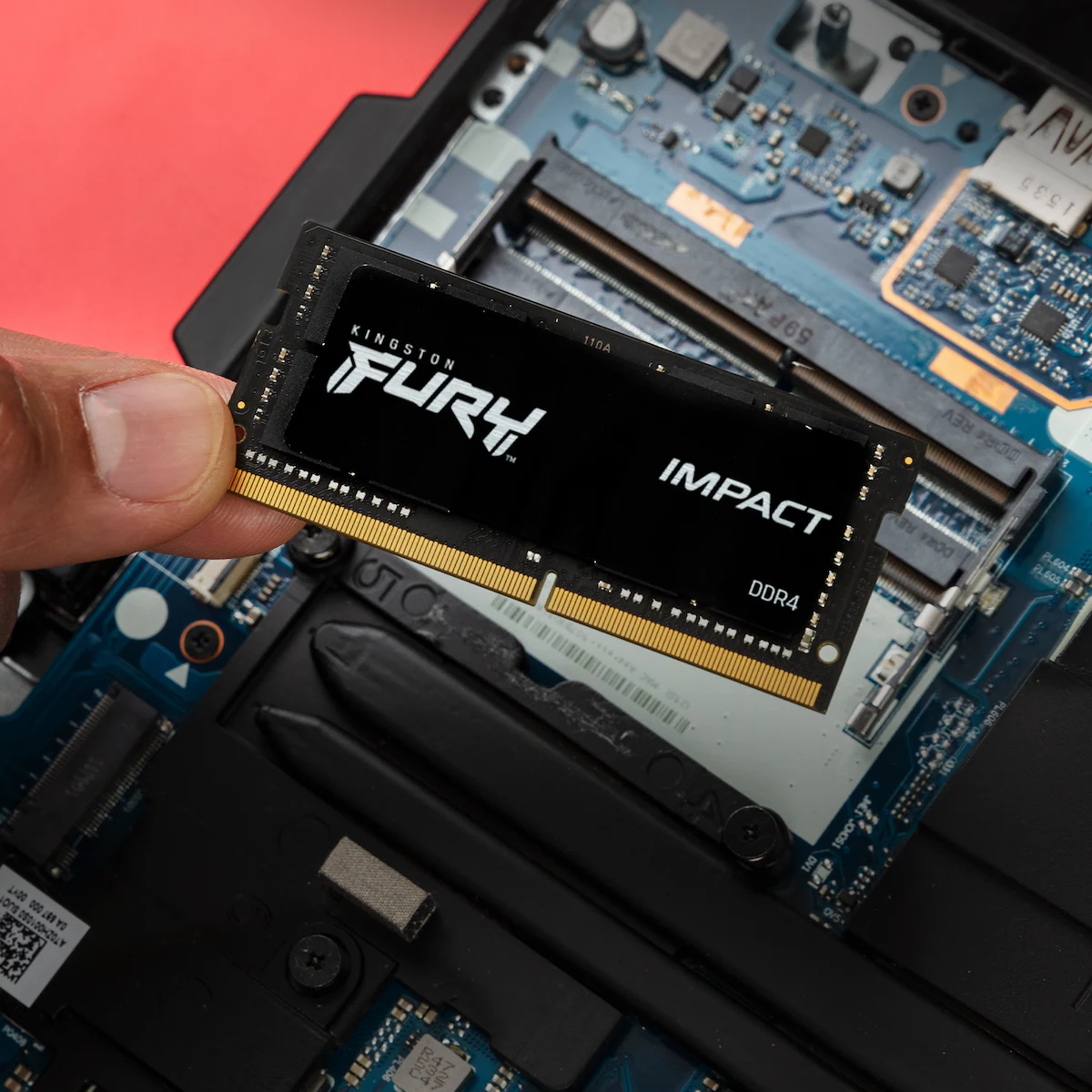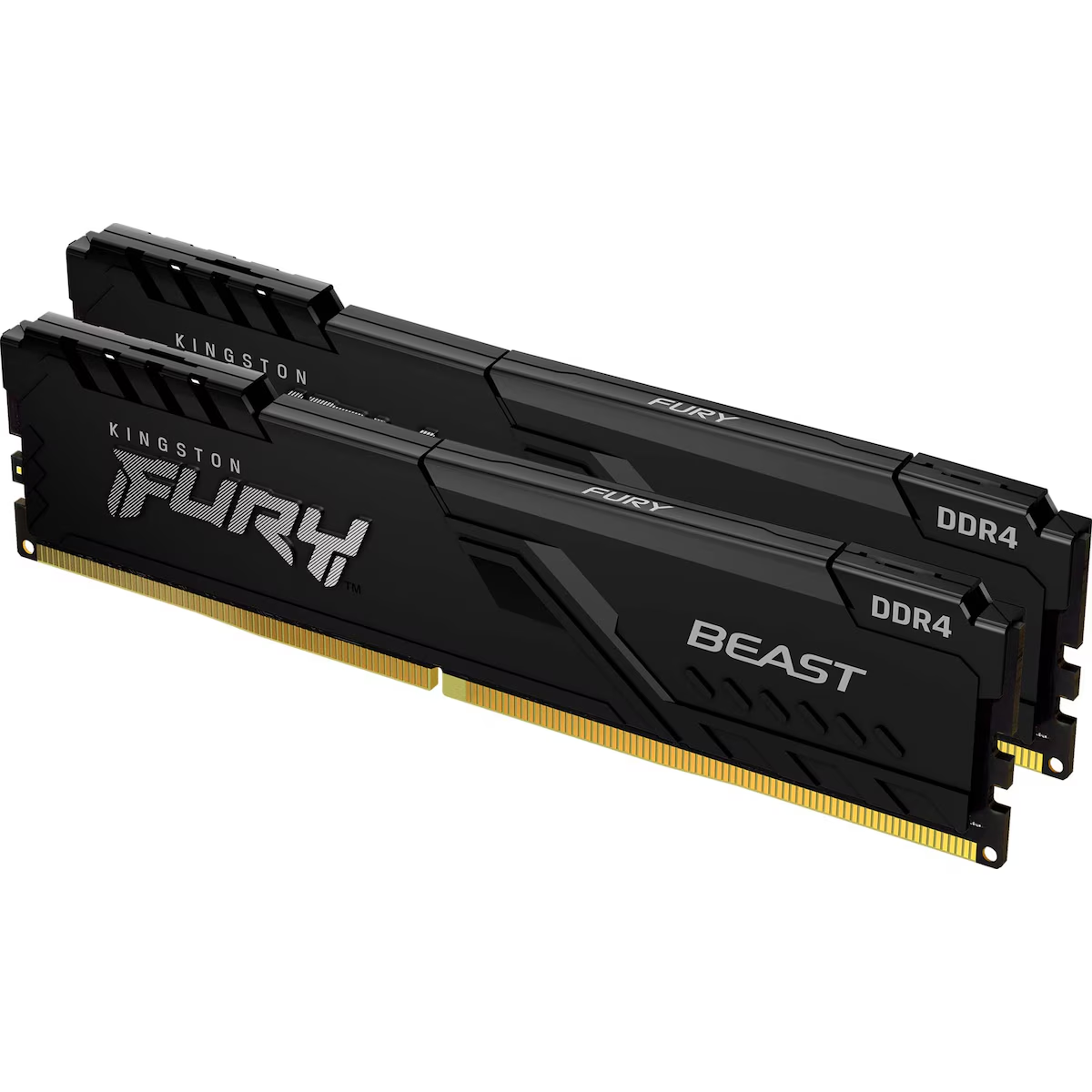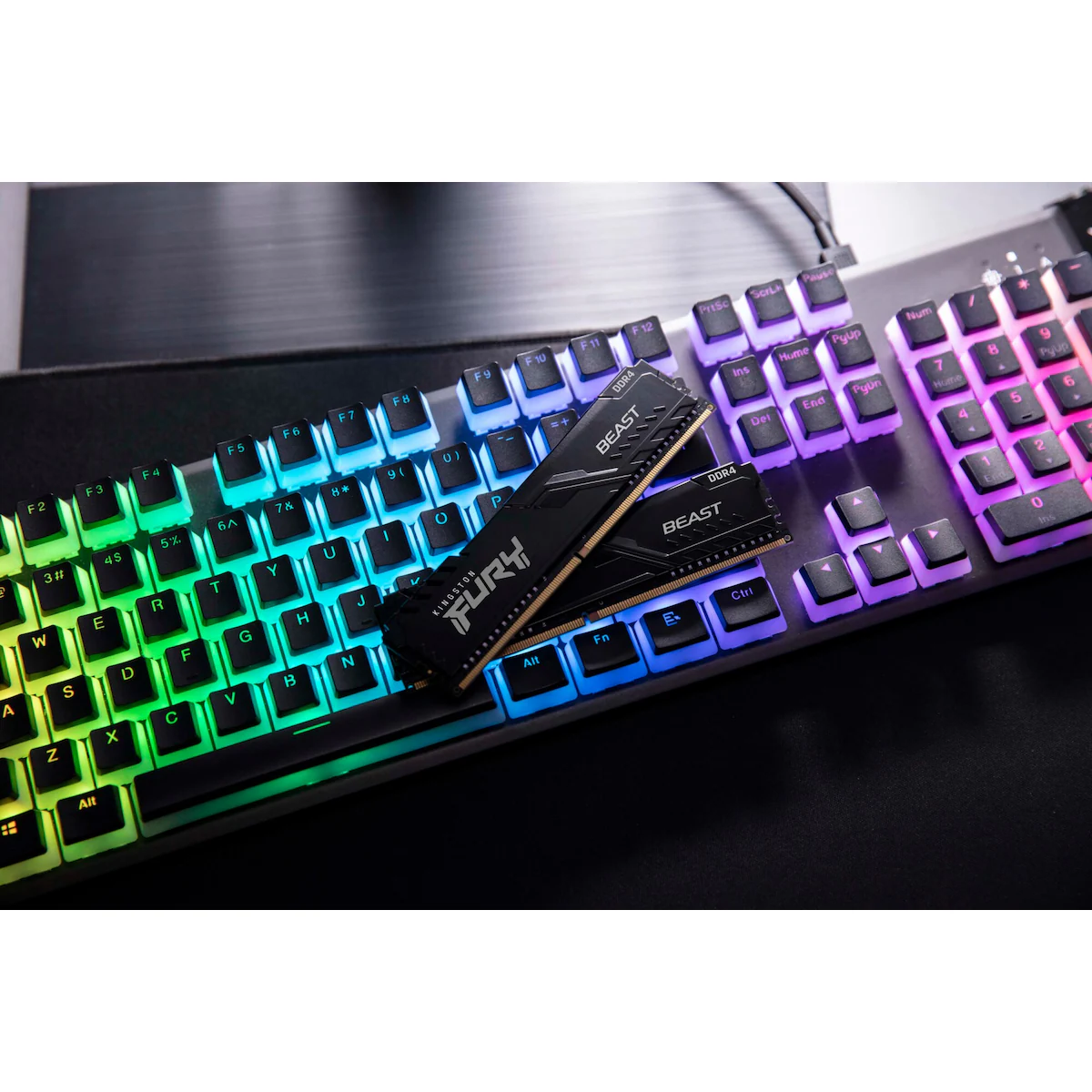Best Practices for Memory Forensics in Cybercrime Investigations

Cybercrime investigations often rely on memory forensics to gather crucial evidence. Whether investigating data breaches, financial fraud, or insider threats, following best practices ensures the integrity and reliability of evidence.


